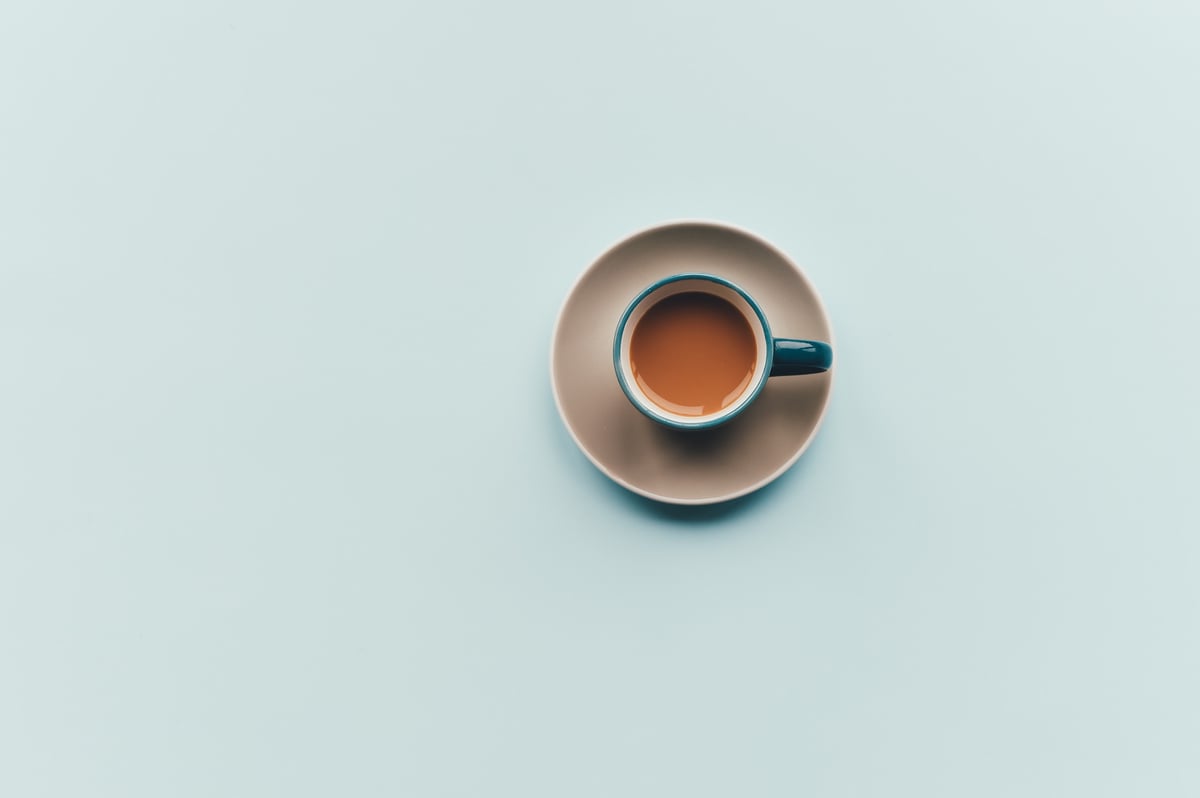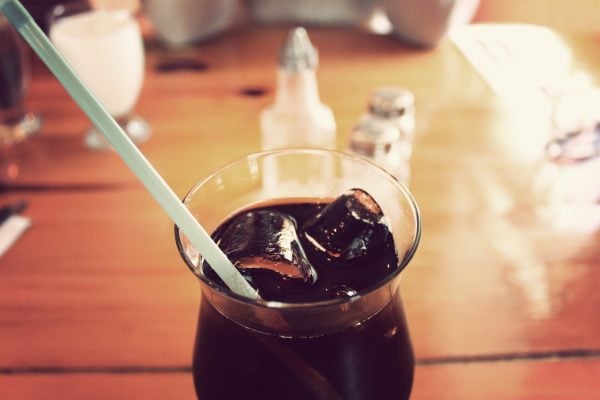
We probably all joke about it, but most of us are low-key reliant on our morning coffee to wake us up from our zombie state. The amount of caffeine in each cup probably isn’t in the forefront of our mind at 6am, or at any time really. But should we be concerned about the amount we consume?
There are some benefits associated with a moderate intake of caffeine, but like everything, too much is never a good thing.
What does caffeine do to the body?
Caffeine is a stimulant, which means it speeds up the messages travelling between your brain and your body and consequently, increases your heart rate. Caffeine also increases the circulation of cortisol and adrenaline; these two chemicals act to increase activity in the brain and throughout the central nervous system. Caffeine is easily absorbed, so most effects on the body occur within the first 30 minutes.
You’re likely to experience increased energy levels, a spike in alertness and improvements in mood soon after consuming caffeine. But, these are all short-term benefits, so you’re likely to experience a slump in energy and fatigue around the two-hour mark. Caffeine is also a diuretic, this means it encourages extra water secretion by the kidneys, resulting in increased urination and potentially dehydration if you are not drinking enough water.
What is the recommended amount of caffeine?
There are some benefits associated with a moderate intake of caffeine, but like everything, too much is never a good thing. For the average person, it is recommended to keep caffeine intake below 400-500mg a day. This equates to roughly two medium barista style coffees and is considered to be ‘safe’ for most people, meaning that it is not commonly linked to side effects of irregular heart rate, insomnia or dizziness.
Everyone’s tolerance to caffeine can vary from one to the next, so it’s difficult to pinpoint a blanket ‘safe level.’ The safest level for you is an amount which you can enjoy without experiencing any negative impact on sleep, cognitive function or mental health. Whilst there is a recommended maximum intake, there is no required minimum intake, meaning caffeine is not essential for good health. It can take up to six hours for caffeine to be fully metabolised and broken down by the body, and interestingly, birth control tablets can extend the breakdown rate, pushing it closer to nine hours.


